About Making Gay History
Making Gay History is a 501(c)(3) nonprofit organization that addresses the absence of substantive, in-depth LGBTQ+-inclusive American history from the public discourse and the classroom. By sharing the stories of those who helped a despised minority take its rightful place in society as full and equal citizens, we aim to encourage connection, pride, and solidarity within the LGBTQ+ community—and to provide an entry point for both allies and the general public to its largely hidden history.
The Team
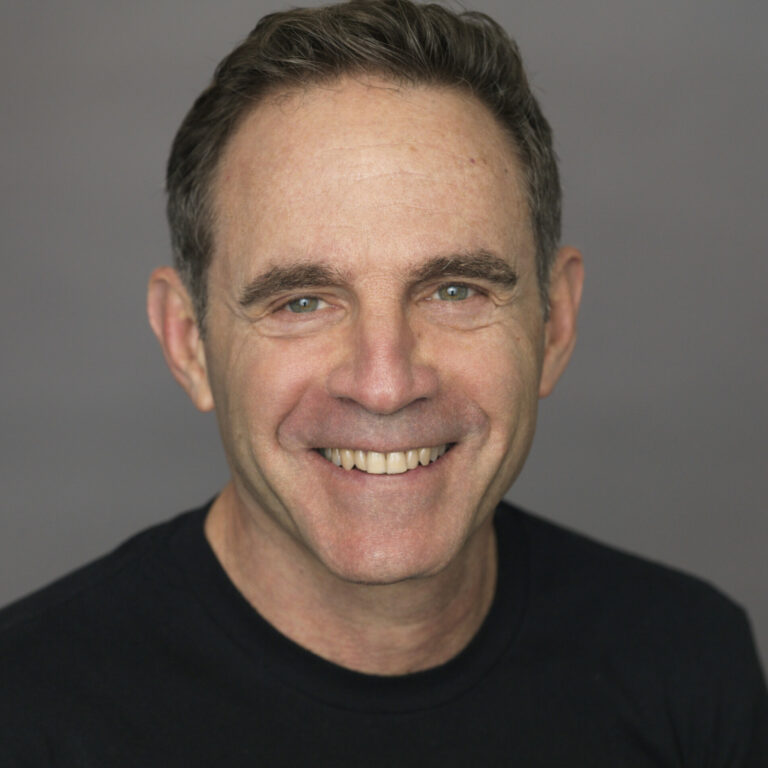
Founder & Host — Eric Marcus is the author of a dozen books, including two editions of Making Gay History (the original 1992 edition is entitled Making History), Why Suicide?, and Breaking the Surface, the #1 New York Times bestselling autobiography of Olympic diving champion Greg Louganis. Eric is also the co-producer of Those Who Were There, a podcast drawn from the Fortunoff Video Archive for Holocaust Testimonies. He is the founder and chair emeritus of the Stonewall 50 Consortium and is a founding board member of the American LGBTQ+ Museum. Learn more about Eric in this NBC News profile.
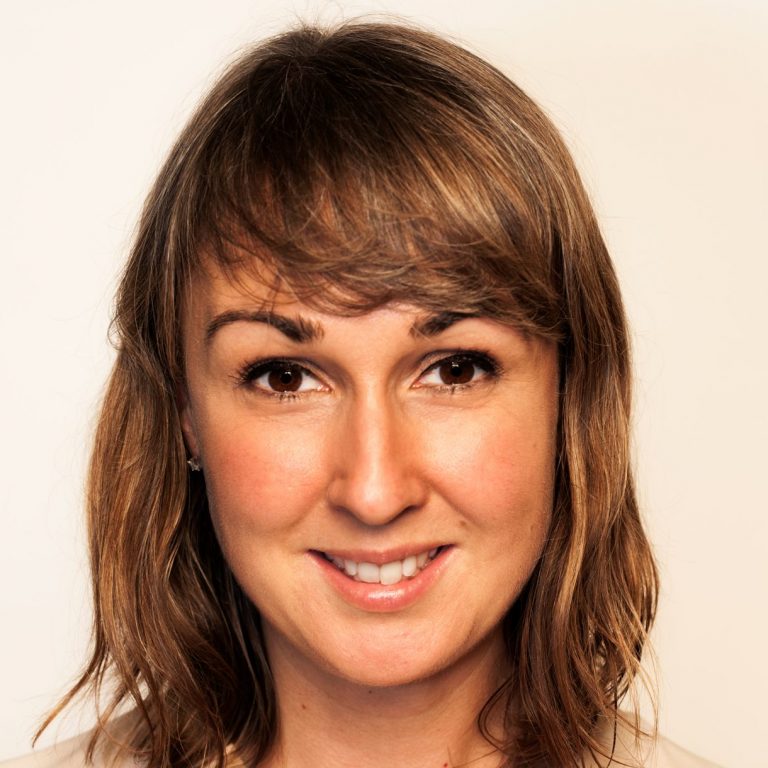
Founding Editor & Producer — In 2016, while listening to the Making Gay History archive, Sara Burningham wondered aloud to Eric whether it might be a podcast. Together, they’ve gone on to produce more than 60 episodes of award-winning, critically acclaimed, never-before-heard LGBTQ history. Sara is a podcast and audio documentary producer, editor, and writer. She has made award-winning radio in London, reported on the U.S. elections as a foreign correspondent, hosted public radio in the Ozarks, and helmed the legendary 1010WINS (“You give us 22 minutes, we’ll give you the world”) as an editor in one of the fastest-paced newsrooms in the world.
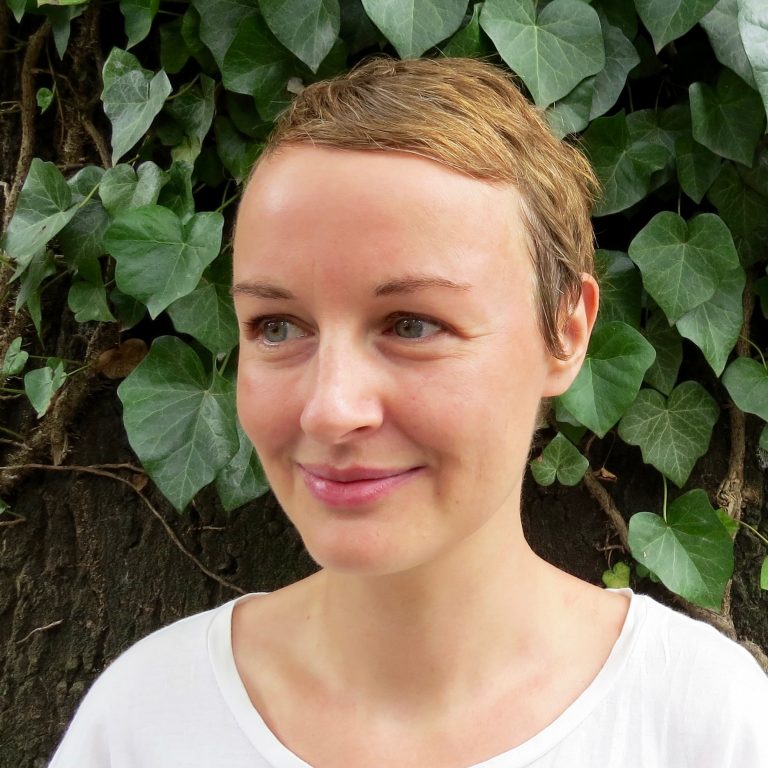
Deputy Director & Supervising Producer — Inge De Taeye most recently worked at the American Foundation for Suicide Prevention, where she oversaw an international program for survivors of suicide loss. She previously worked in publishing as an editor, copyeditor, and translator. In addition to her production work on the MGH podcast, Inge has collaborated with MGH’s education partners to help shape curricula that bring LGBTQ history into public schools and as producer of a podcast for teachers looking to make their classrooms more LGBTQ-inclusive. She has an M.A. in English from New York University.
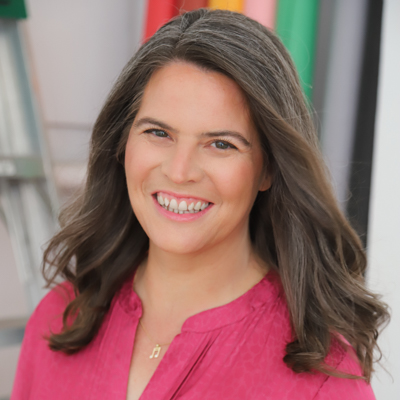
Educational Lead — Mary Hendra is a National Board certified teacher with extensive expertise in professional development design and facilitation. She led strategic system-level change at the international educational nonprofit Facing History and Ourselves, and hosts the podcast Lead with a Dash of Play. Throughout her career—in education, nonprofit, government, and the private sector—Mary has sought to build more compassionate, engaged communities in which all voices are valued and individual expression embraced. In her facilitation, she pays particular attention to creating spaces of calm, creativity, and connection during times of transition.

Founding Co-Producer — Pineapple Street Studios was founded in 2016 in Brooklyn, New York, with a clear, simple mission: work with the most interesting and ambitious creative and corporate partners to create the highest quality audio stories in a variety of forms and across a range of genres. Pineapple Street Studios takes pride in its flexible approach to partnerships and strives to make shows that represent a diversity of ideas, communities, and interests.

Composer — Fritz Myers is a composer, mixer, and producer whose film scores include White Reindeer, The Harrow, and Little Sister. His work for theater includes The Bakken Formations: Tales from the New West, co-created with playwright Clare Drobot, and original music for Chisa Hutchinson’s Sex on Sunday. As a mixer, he’s a frequent collaborator of composer Nico Muhly, with whom he has mixed projects such as Howards End (BBC) and Pachinko (Apple TV+). Recent projects include In Appetizing Portions, his song cycle with librettist Clare Drobot, and the score for E.F. Romeo’s experimental documentary And the Worlds That Surround. He lives in New York City.
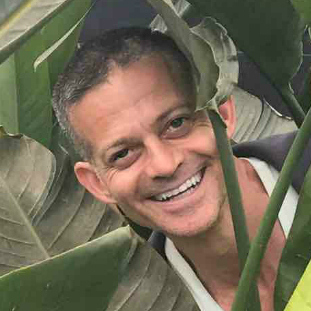
Photo Editor — Michael Green is a photo producer, researcher, and editor who has worked for a variety of magazines including New York, Parade, and Fitness. New York-based for over 20 years, his first full-time job was as a junior publicist on the first edition of Eric Marcus’s book Making History (the publisher didn’t want the word “gay” in the main title back in 1992!). Now based in Los Angeles, Michael continues to produce and research photography for Preservation Magazine, Hadara Magazine, and Lambda Legal’s forthcoming 50th anniversary book.
Web Designer — Jonathan Dozier-Ezell
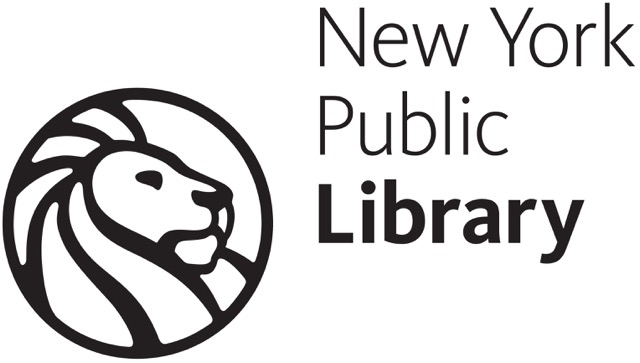
Archival Support — The New York Public Library Manuscripts and Archives Division, with funding support from the Astor, Lenox, and Tilden Foundations. To access the Eric Marcus Collection guide, click here.
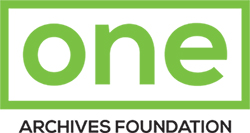
Archival Support — ONE Archives Foundation, the independent community-partner of ONE National Gay & Lesbian Archives at the USC Libraries, is the largest repository of LGBTQ materials in the world.
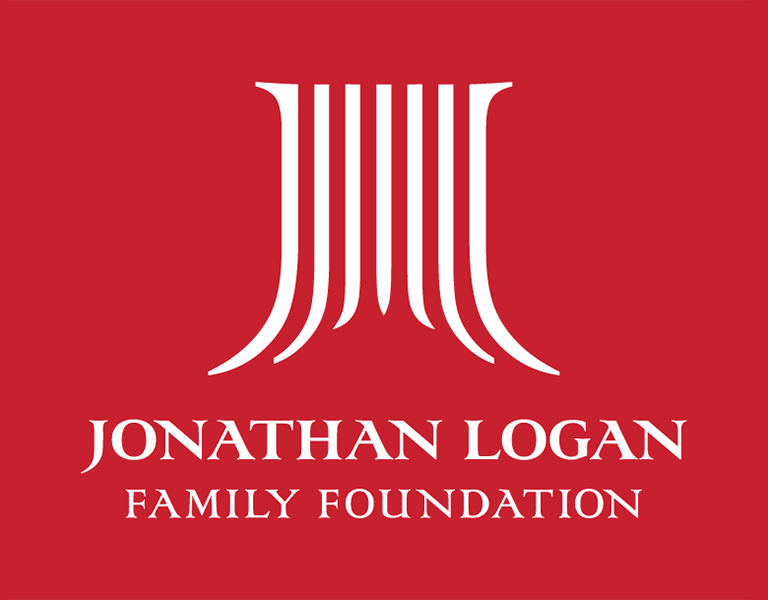
Funding — Making Gay History is made possible with generous funding from the Jonathan Logan Family Foundation, which supports investigative journalism, the arts, and documentary film.
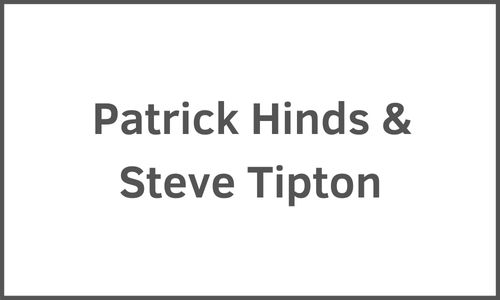
Funding — Making Gay History is made possible with generous funding from Patrick Hinds and Steve Tipton: “We believe strongly that documenting LGBTQ+ history and telling these forgotten stories are fundamental to our preserving our history. We are honored to support this work.”
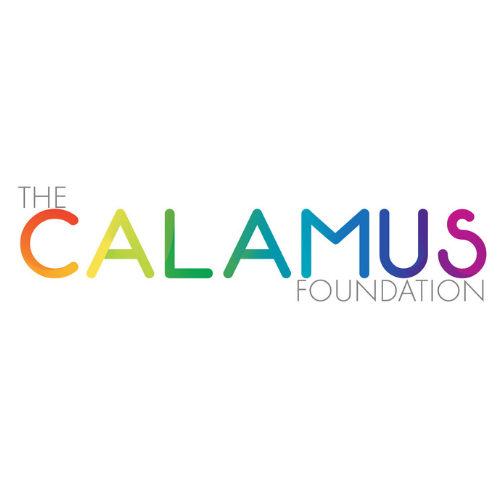
Funding — The Calamus Foundation awards grants to charitable organizations for programs and activities that focus on services to the LGBT community that promote and support its formation, growth, identity, general well-being, and social and legal rights, as well as programs and activities that focus on care and support services to individuals with HIV/AIDS. The Calamus Foundation provides ongoing support to MGH.
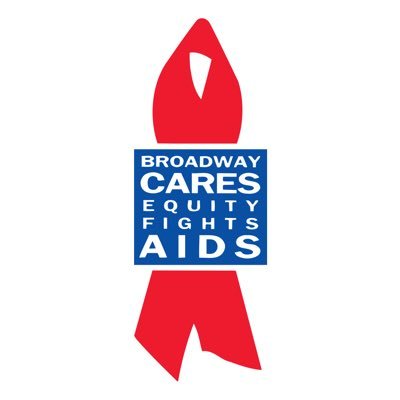
Funding — Broadway Cares/Equity Fights AIDS helps men, women, and children receive lifesaving medications, health care, nutritious meals, counseling, and emergency financial assistance. They are one of the nation’s leading industry-based, nonprofit AIDS fundraising and grant-making organizations. By drawing upon the talents, resources, and generosity of the American theatre community, since 1988 they have raised more than $300 million for essential services for people with HIV/AIDS and other critical illnesses in all 50 states, Puerto Rico, and Washington, DC. BC/EFA underwrote the production of MGH‘s “Coming of Age During the AIDS Crisis” season and provides ongoing support to MGH.
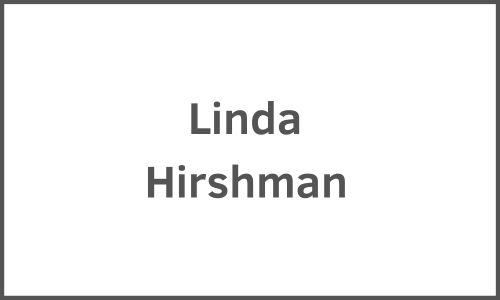
Funding — Making Gay History’s education initiatives are supported with a generous grant from Linda Hirshman, author of Victory: The Triumphant Gay Revolution, “in gratitude for Eric Marcus, who opened the doors that made the book possible.”
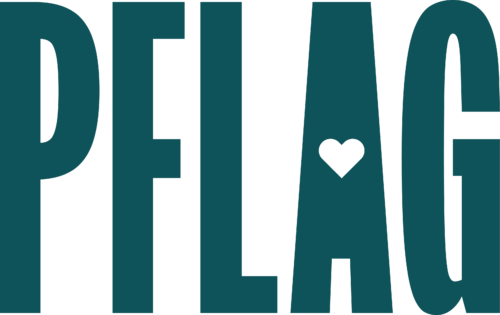
Funding — PFLAG, the nation’s largest organization dedicated to supporting, educating, and advocating for LGBTQ+ people and those who love them, underwrote production of “Family Ties,” the third episode in Making Gay History’s “Coming of Age During the 1970s” season.

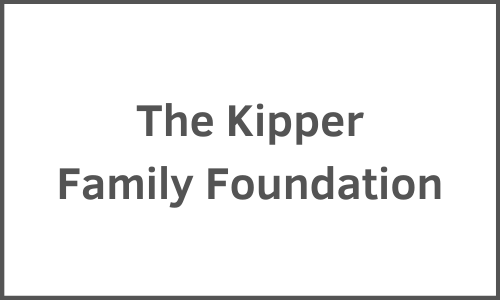
Funding — The Kipper Family Foundation provides ongoing support to MGH.
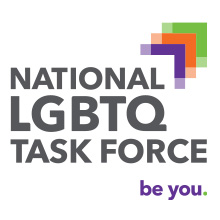
Funding — The National LGBTQ Task Force supported production of the Urvashi Vaid episode in MGH‘s 11th season. Founded in 1973, the Task Force is the country’s oldest national LGBTQ advocacy organization. The organization advances full freedom, justice, and equality for LGBTQ people, building a future where everyone can be free to be their entire selves in every aspect of their lives.

Funding — Making Gay History‘s second and third seasons were made possible through grants and funding support from the Ford Foundation, which is on the front lines of social change worldwide.
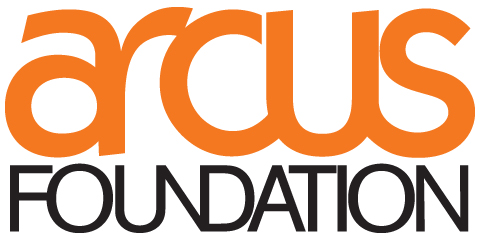
Funding — The Arcus Foundation, which funded the launch of Making Gay History‘s first season, is dedicated to the idea that people can live in harmony with one another and the natural world.

Funding — Con Edison provides energy for the 10 million people who live in New York City and Westchester County. Con Edison underwrote production of Making Gay History‘s Damien Martin episode in honor of the Hetrick-Martin Institute’s 40th anniversary and has provided additional funding to support MGH’s education work.

Sponsor — Christopher Street Financial has been helping members of the LGBTQ+ community to make their important life and wealth decisions since 1981. CSF underwrote the production of a special series of “minisodes” to mark the 50th anniversary of the Stonewall uprising. In addition, CSF provides ongoing support to MGH.

Sponsor — Netflix is a streaming service that allows viewers to watch a wide variety of award-winning TV shows, movies, documentaries, and more on thousands of internet-connected devices. Netflix supported production of the first episode in MGH‘s special Stonewall 50 season.
Board of Directors
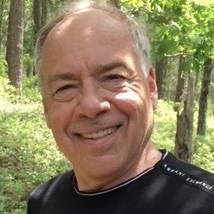
Louis Bradbury — President, Calamus Foundation
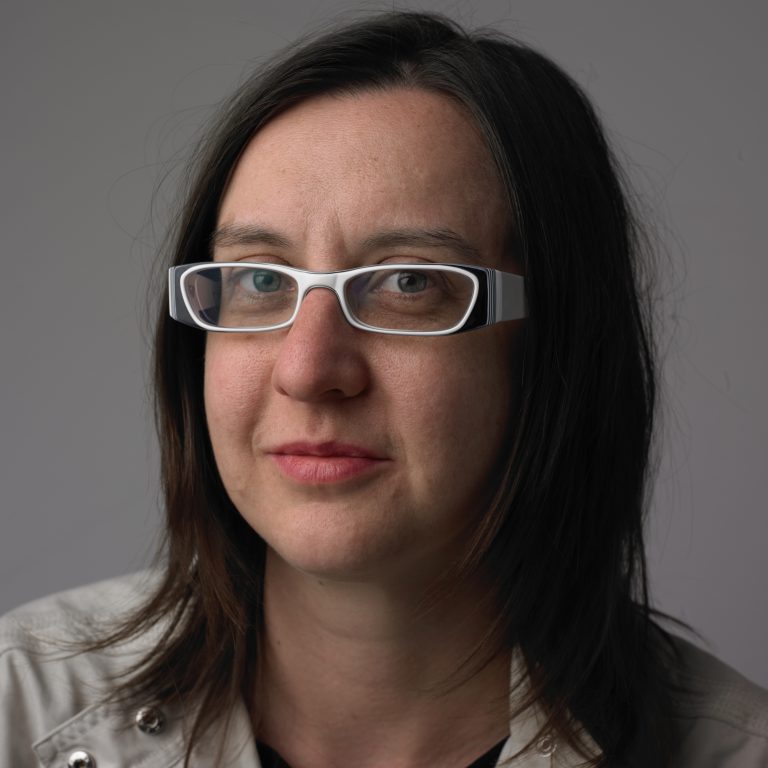
Cheryl Furjanic — Filmmaker (Back on Board: Greg Louganis; Stonewall: The Making of a Monument); Documentary Production Instructor, New York University
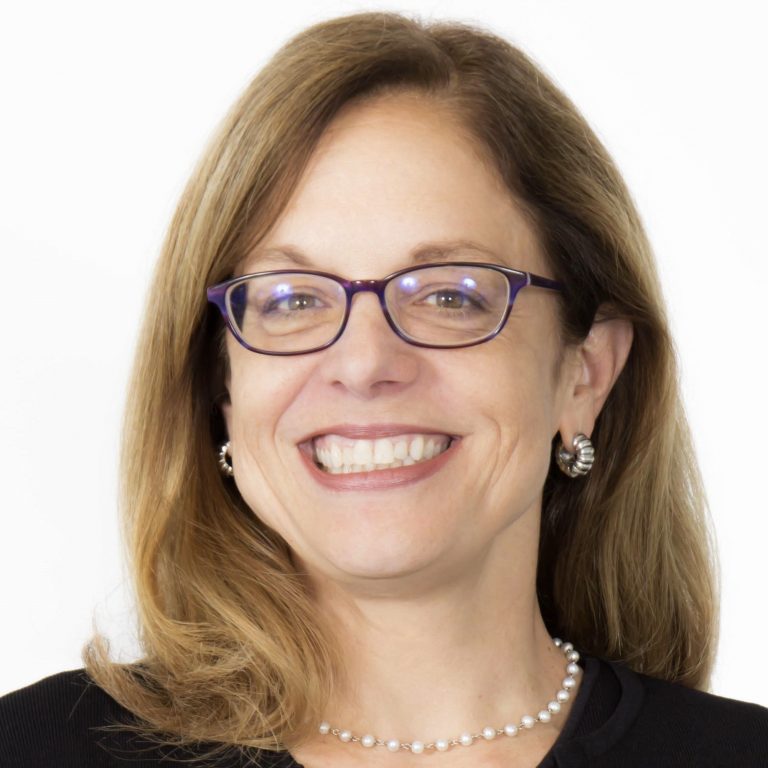
Jennifer Hatch — President, Christopher Street Financial
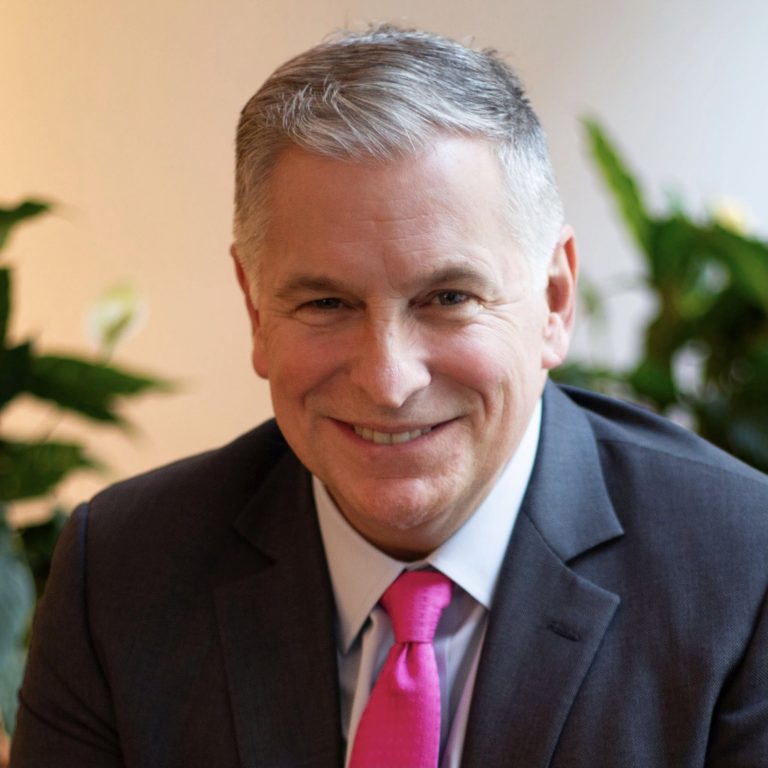
Kevin Jennings — CEO, Lambda Legal
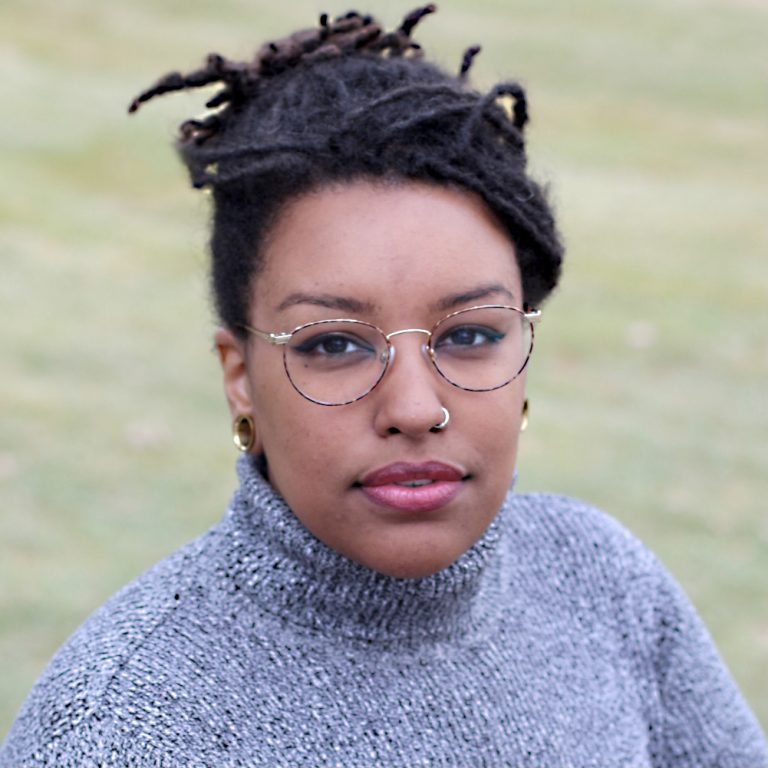
Lauraberth Lima — Cultural Consultant; Visiting Assistant Professor of Museum Studies, New York University
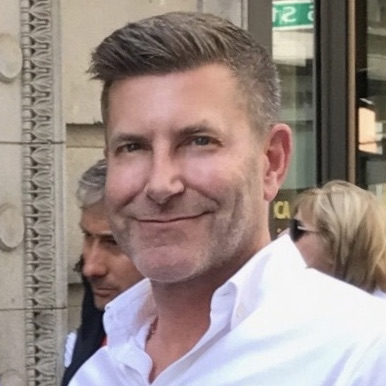
Ken Lustbader — Co-Director, NYC LGBT Historic Sites Project
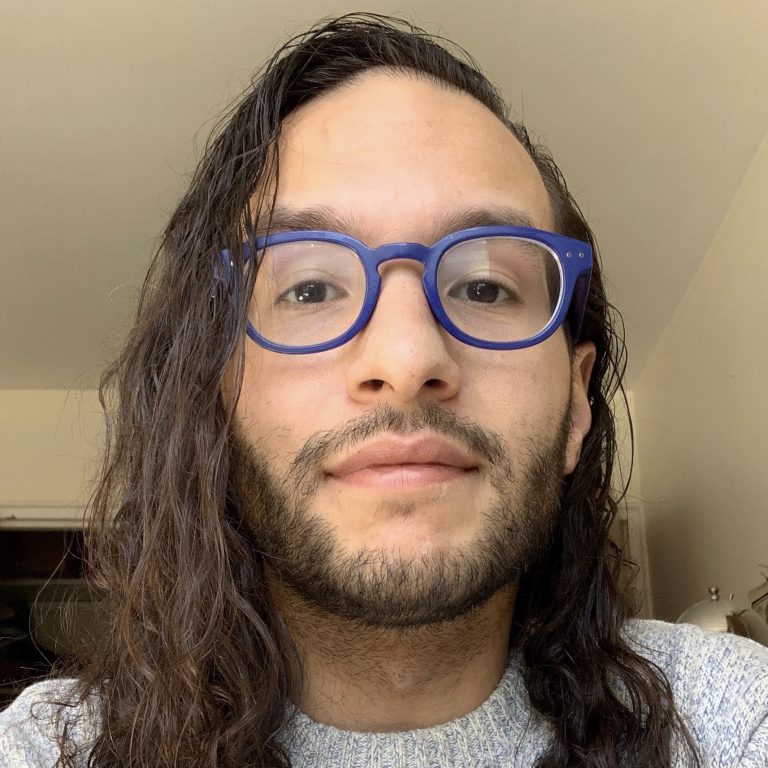
Richard Morales — Manager of Community Partnerships, NYC Lesbian, Gay, Bisexual & Transgender Community Center
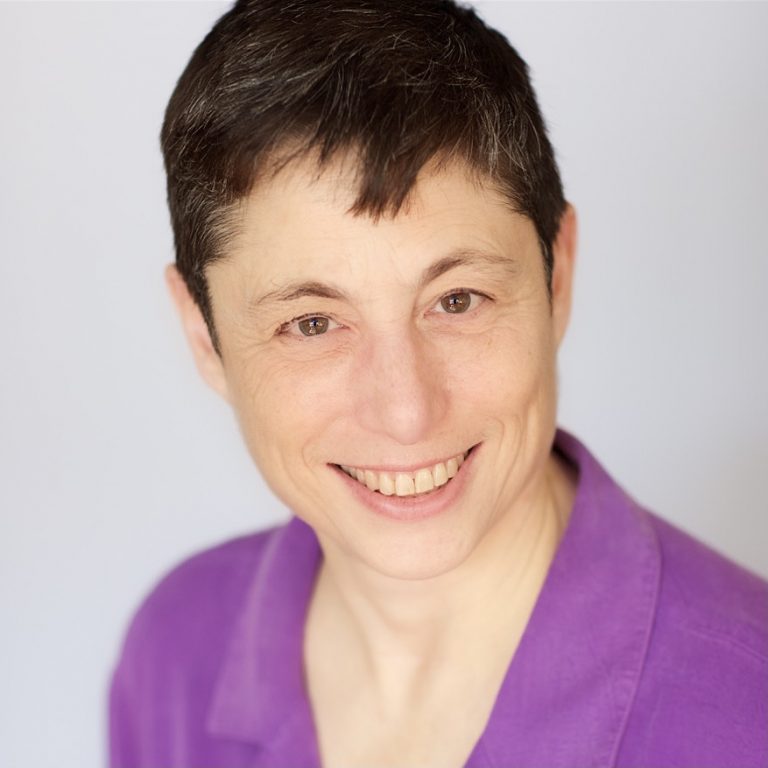
Barbara Raab — Senior Program Adviser, Jonathan Logan Family Foundation; Former Senior Producer of Podcasts, NBC News
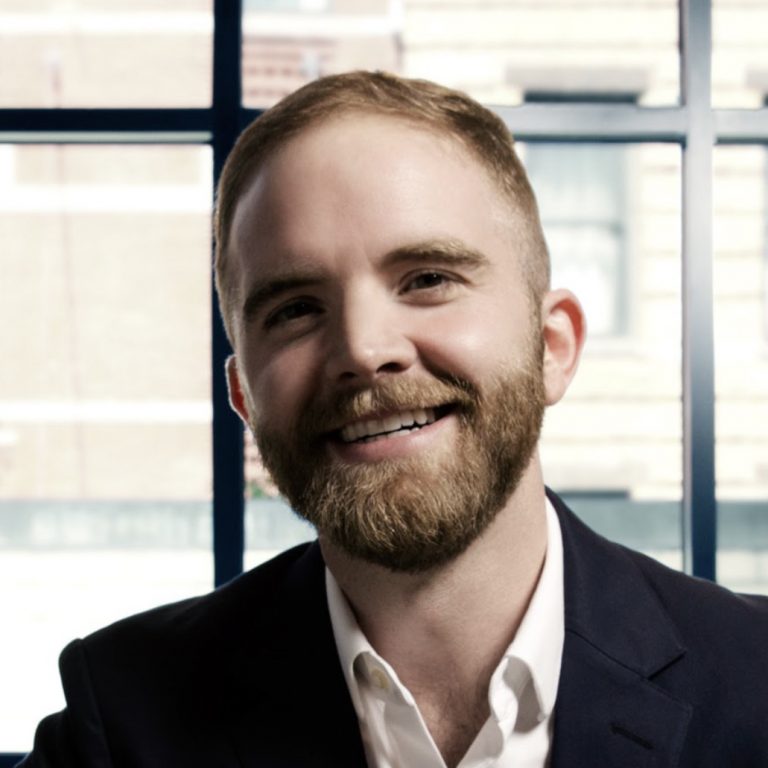
H.L. Ray — Former Head of Partnerships and Programming, Samsung Electronics America; Board Member, Stonewall Inn Gives Back Initiative; Adviser, Gaingels Syndicate
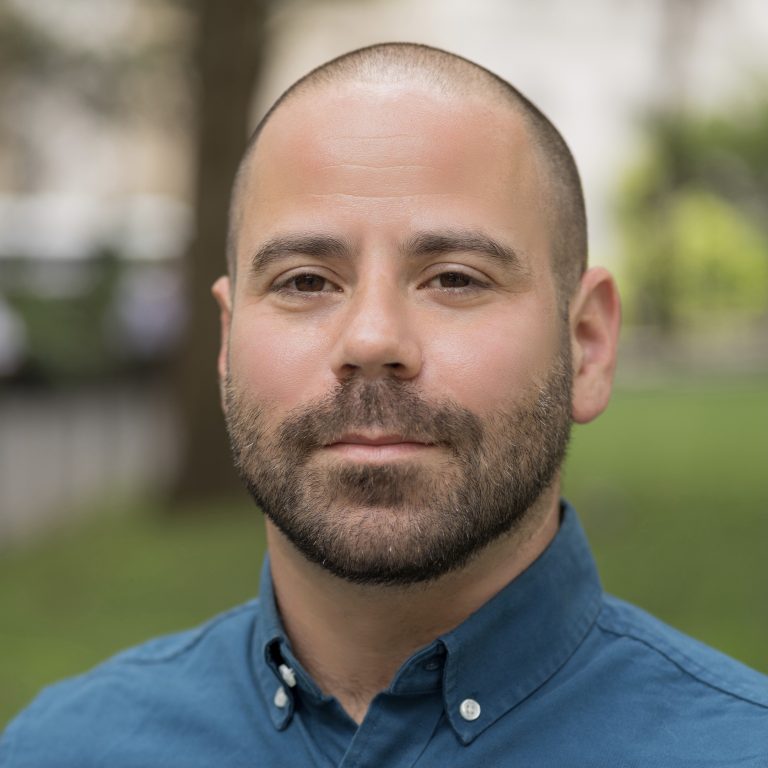
Benjamin Riskin — Principal, Room Tone LLC
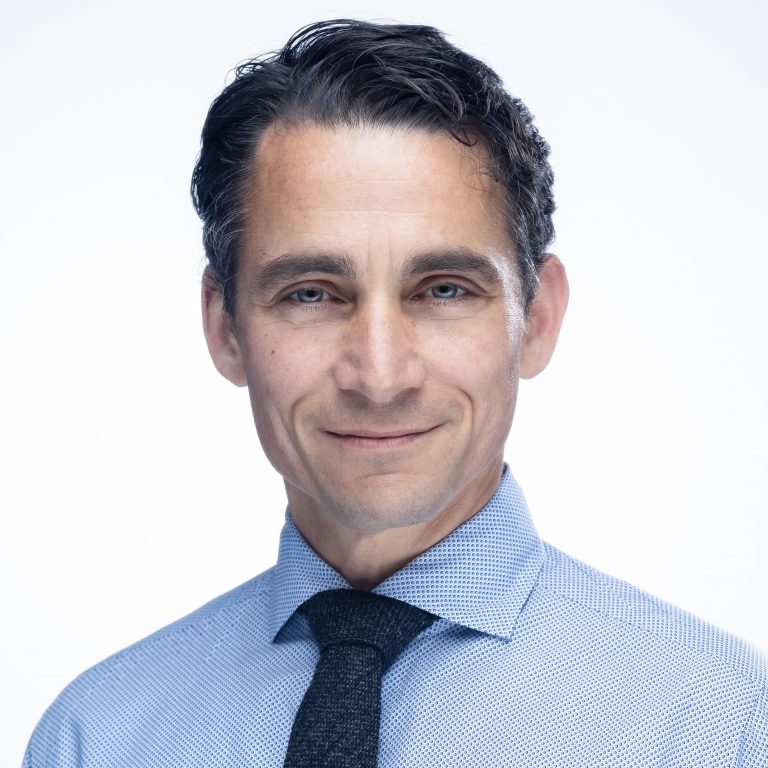
Lee Schere — Director of Teaching and Learning, CUNY K-16 Initiatives
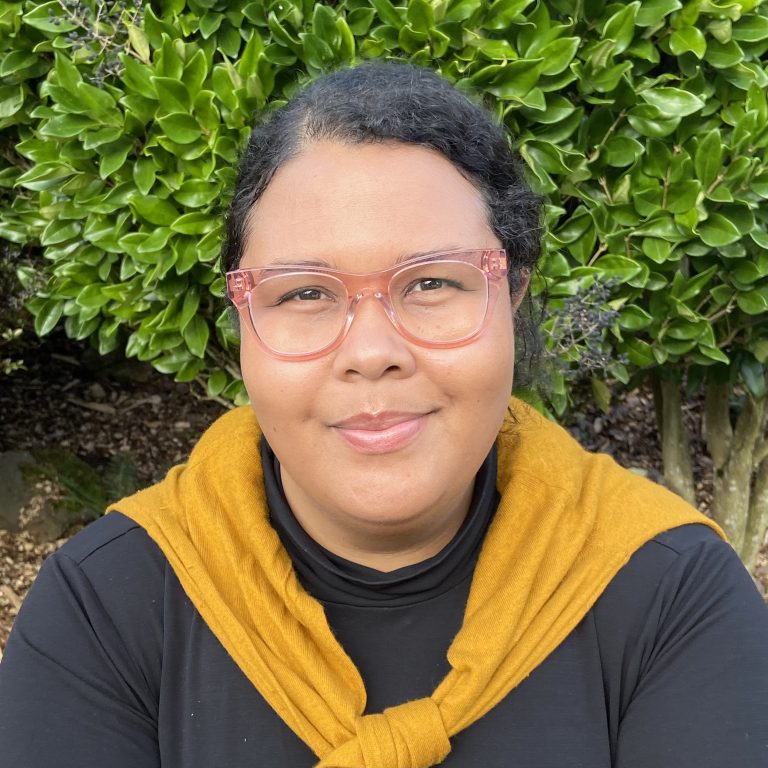
Jamila Silver — Ph.D., Educational Leadership, New York University; Partnership Director, Equal Opportunity Schools
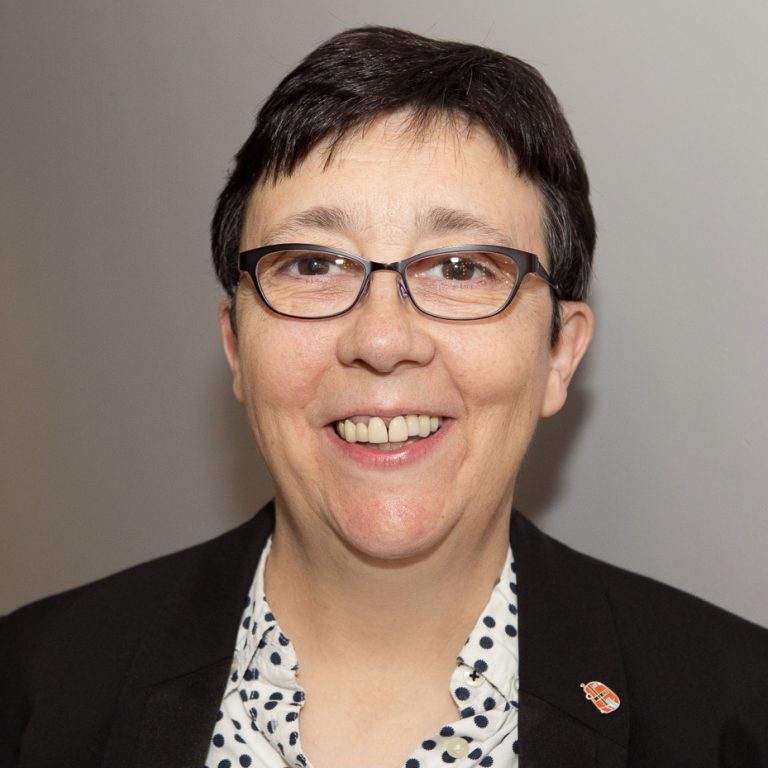
June Thomas — Producer of Outward and Co-Host of Working, Slate Podcasts; Author of Forthcoming Cultural History Where Are All the Lesbians? (Seal Press)
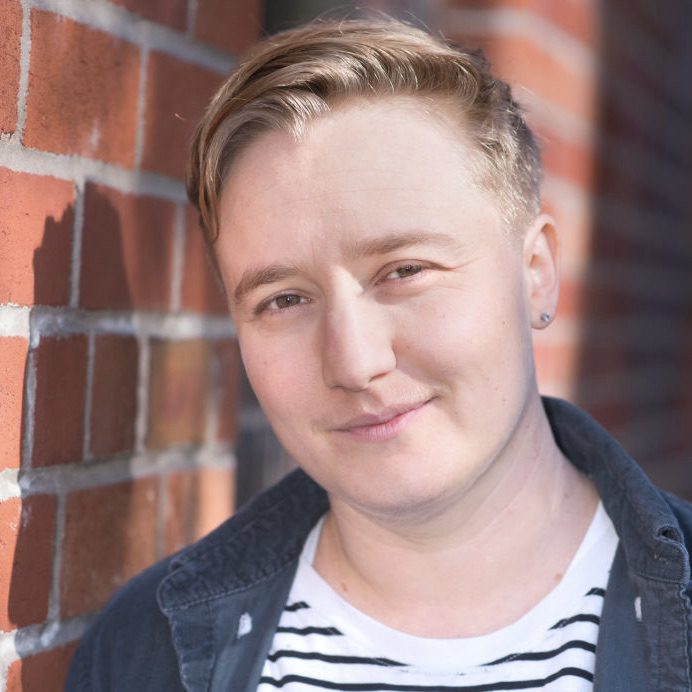
Jenna Weiss-Berman — Co-Founder, Pineapple Street Studios